
How to Safely Use African Black Soap - Tips to Avoid Dryness and Irritation

Is African black soap for all skin types?
African black soap is considered to be safe and beneficial for all skin types—dry, oily, normal, combination and even sensitive in some cases. For the most part, users of African black soap have found it to be beneficial, even healing to the skin.
But while some find the soap moisturizing, others might find it drying. Skin will react in different ways depending on the individual and the product, especially since black soap can vary from batch to batch and can have varying proportions and types of ingredients.
There are numerous recipes and ingredients used in making black soap, which begins with potash from plantain skins and leaves and cocoa pods, mixed with palm kernel oil. Batches vary, so it’s possible that one batch could be fine for an individual while another has more of a certain ingredient that could possibly cause a reaction in the skin.
Learn about the origins of African Black Soap.
Upon first use, even those with oily skin might notice that the skin feels dry and tight.
This might last for a week. It’s believed this is caused by the soap drawing out impurities and excess oils. After a few days the PH levels of the skin will balance out (which is why it is believed to be good for both dry and oily skin.)
The soap can also cause a tingling, sometimes burning sensation leading to red skin. This also seems to eventually resolve, but before using African black soap on the face, do a patch test on another part of the body, like the inside of the elbow.
Dry Skin
For some individuals the raw black soap dries out the skin. Other black soap that includes shea butter, or another moisturizing ingredient in the formula will probably be better for dry skin types.
If it’s drying out your skin, try using less. A little goes a long way and using too much soap will definitely be drying to already parched skin. If you have sensitive and/or dry skin start out by using it only once a day.
Be sure to use moisturizer or a hydrating serum or oil afterwards, especially if your skin tends to be dry, and during winter months when cold weather could further dry out the skin.
Oily skin
African black soap is great for oily and acne prone skin. It’s efficient for deep pore cleansing because of its natural exfoliating qualities. For some oily skin types it seems to keep the skin hydrated without increasing oil.
Even if you have oily skin you should moisturize afterwards with a non-comedogenic lotion or oil like sweet almond oil and virgin coconut oil.
Cleansing with African Black Soap
If you are using raw African black soap, take the soap apart and knead it into a ball to make sure there aren’t any jagged edges, and rub between hands to work into a lather. If you apply the soap directly to the skin, do so gently, because there could still be particles that can tear the skin.
Washing and rinsing with cool water can help reduce the possibility of stinging and redness. Avoid getting the soap in the eyes. If you have sensitive or very reactive skin, don’t leave the soap on the skin for a long period of time.
You could experience tingling or a burning sensation in acne areas, open sores and cuts. If your skin feels squeaky clean afterwards, it means the skin is too dry. Try reducing the amount of soap that you use. A very small amount (the size of a marble) can cleanse the face and neck.
Make your own body wash
You can dissolve the soap in purified water and use it as a body wash. Let it soak for a while and liquefy. Purified water is not necessary, but recommended because you could experience different results from tap water, since some tap water has more chlorine and can be either soft or hard.
Natural Exfoliation
African black soap deep cleanses because of exfoliating properties, so you don’t need to scrub hard. Avoid rubbing the skin with raw black soap, especially on delicate facial skin. Lather up soap in hands first before putting on face. The soap contains ash granules and other debris that might not dissolve quickly and can scratch and damage the skin.
Make Your Own Body Scrub
Mix black soap with brown or white sugar and use it as a scrub. When making liquid black soap, you can also use the granules that sink to the bottom of the bottle as an exfoliant.
Reactions to African Black Soap
If you break out in a rash or contact dermatitis discontinue use and consult your dermatologist.
If you are latex-allergic you could have a reaction to the plantain ash in black soap, as well as palm and coconut oil.
If you have a chocolate allergy or are sensitive to caffeine, also be aware that there could be a high concentration of cocoa pods (which make the ash) used in the soap.
Care & Storage of Black Soap
I’ve read complaints about African black soap not lasting very long. If this is the case for you, you’re not storing it properly. African black soap contains a high amount of glycerin, which absorbs moisture from the air and helps retain moisture on the skin, leaving it supple and soft. For this reason the soap can soften and start to slowly disintegrate when left exposed.
Since black soap absorbs water, don’t let it sit in a puddle after use. Keep it dry to keep it from dissolving. Place the bar on a wooden soap dish with slats to allow the soap to drain.
Before you toss that soap…
When exposed to air black soap can develop a thin white-colored film. This is not mold. You might even want to cut off a portion from the bar, or cut and roll into small balls and place in a Ziploc bag to make it easier to use daily.
If you purchase by the pound or in bulk, cut off part of the soap and store the rest. Store in a cool, dry place. Leave it wrapped in plastic and then put in a Ziploc bag.
comments ( 9 )
Should I apply the soap on my neck as well? My face and neck are two different tones :(
Can I use the soap twice a day, if I’ve never used it before? I don’t have dry/sensitive skin.
Lowanda, it is not recommended to leave African black soap on your face to dry.

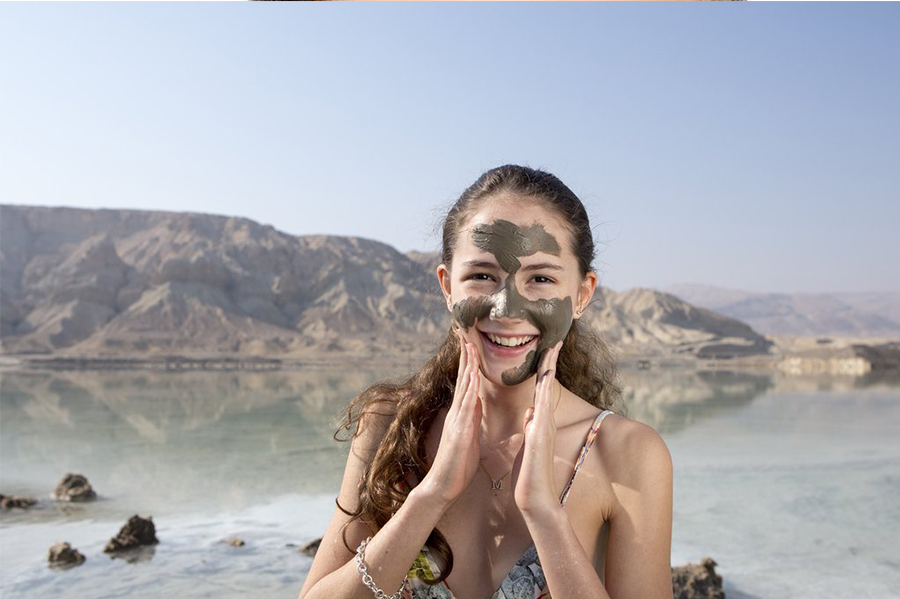

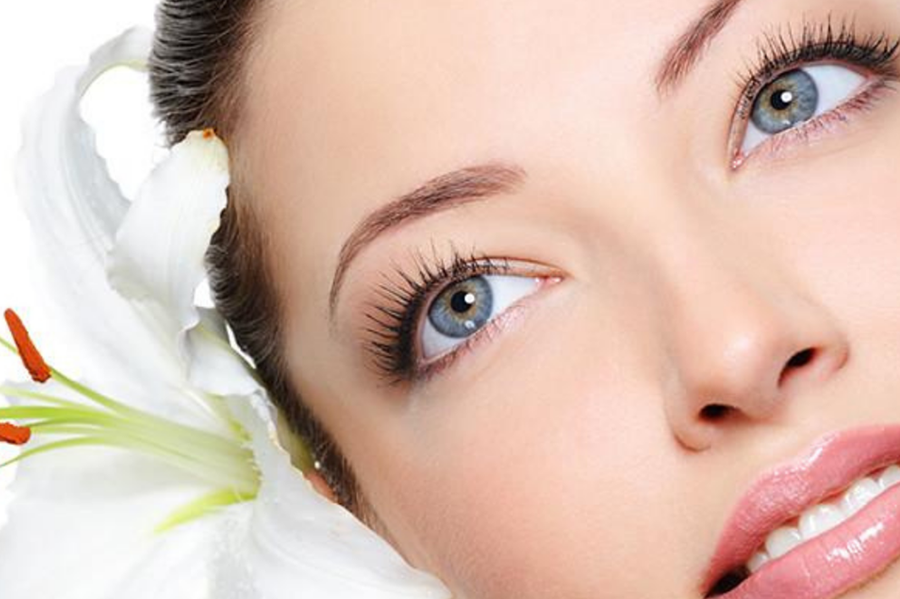



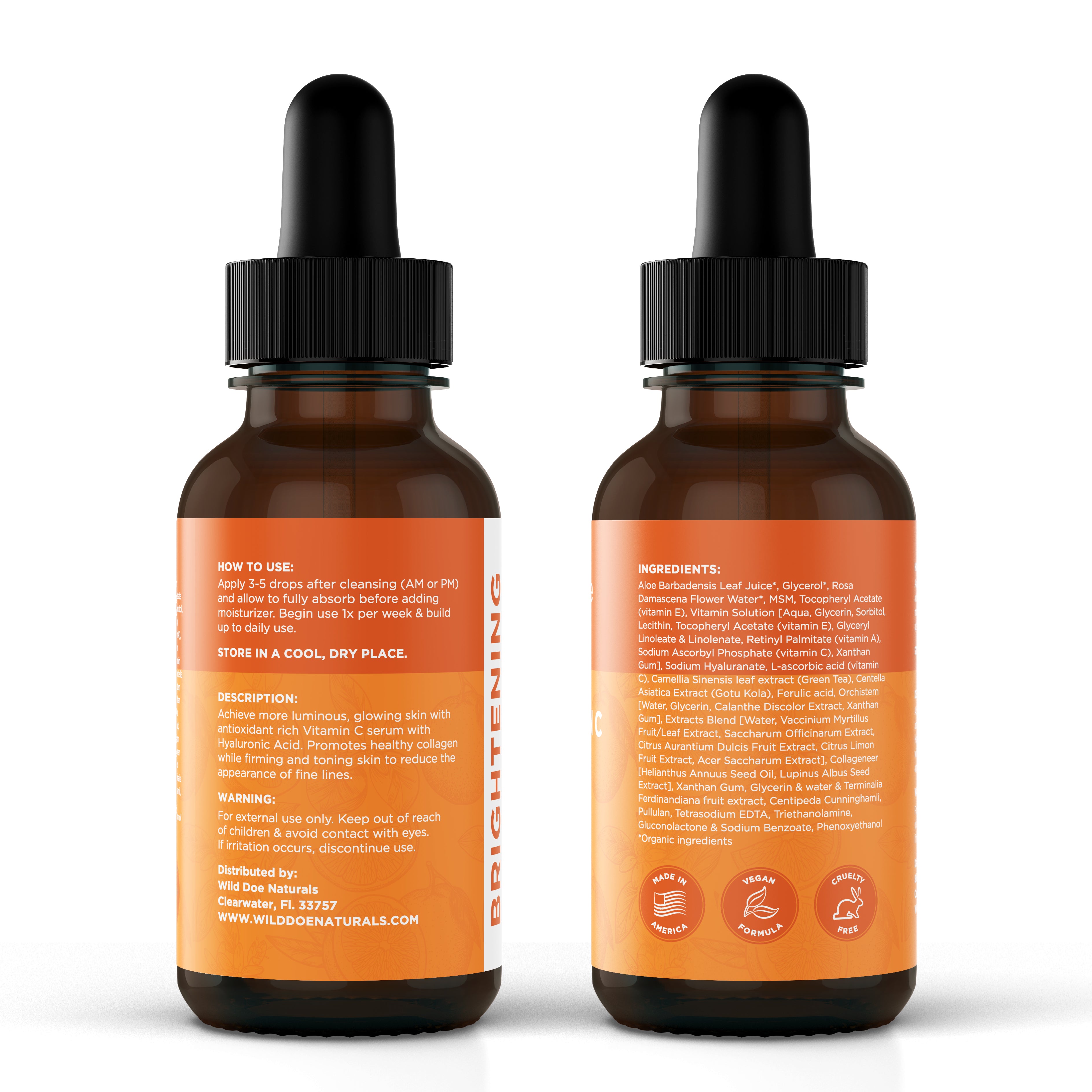
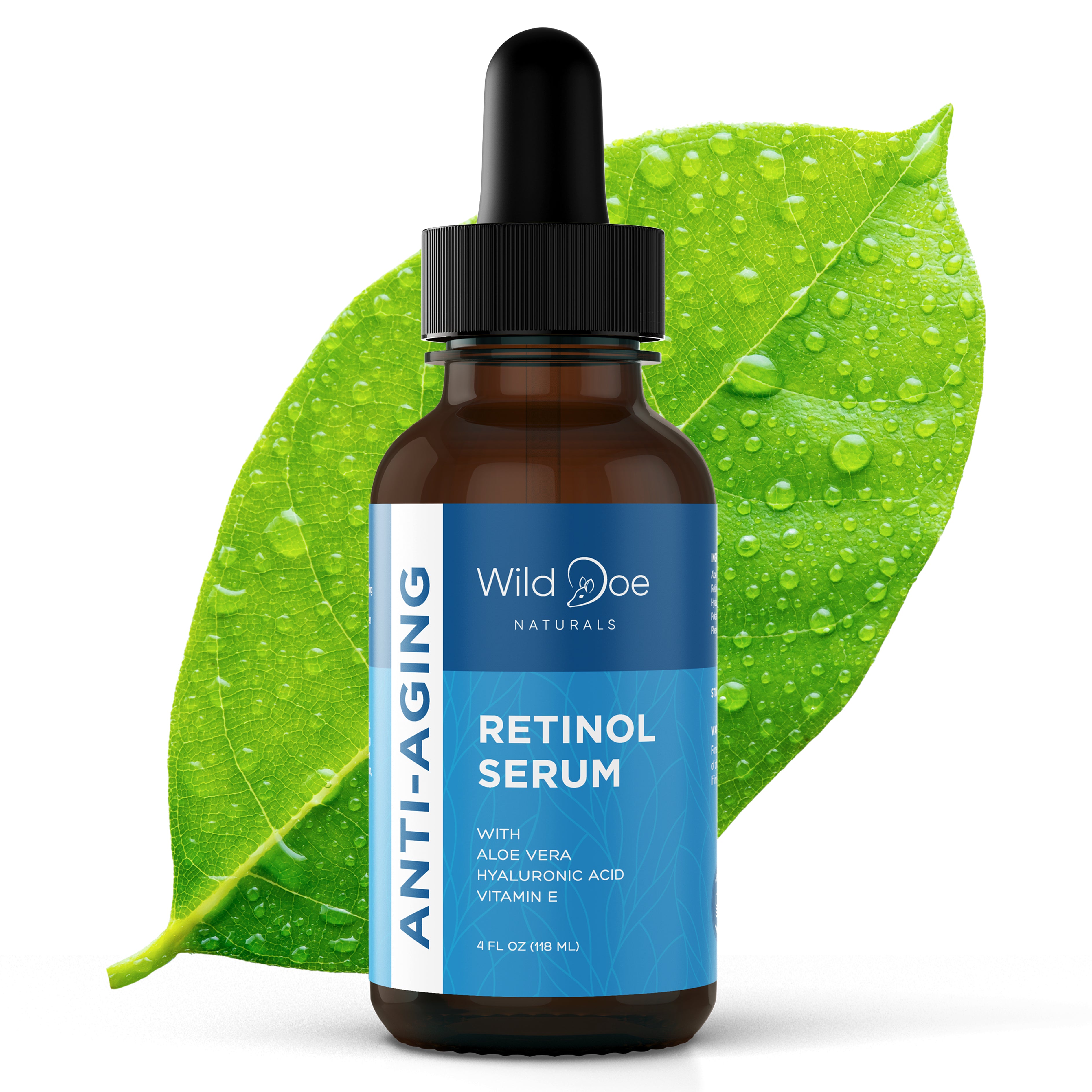
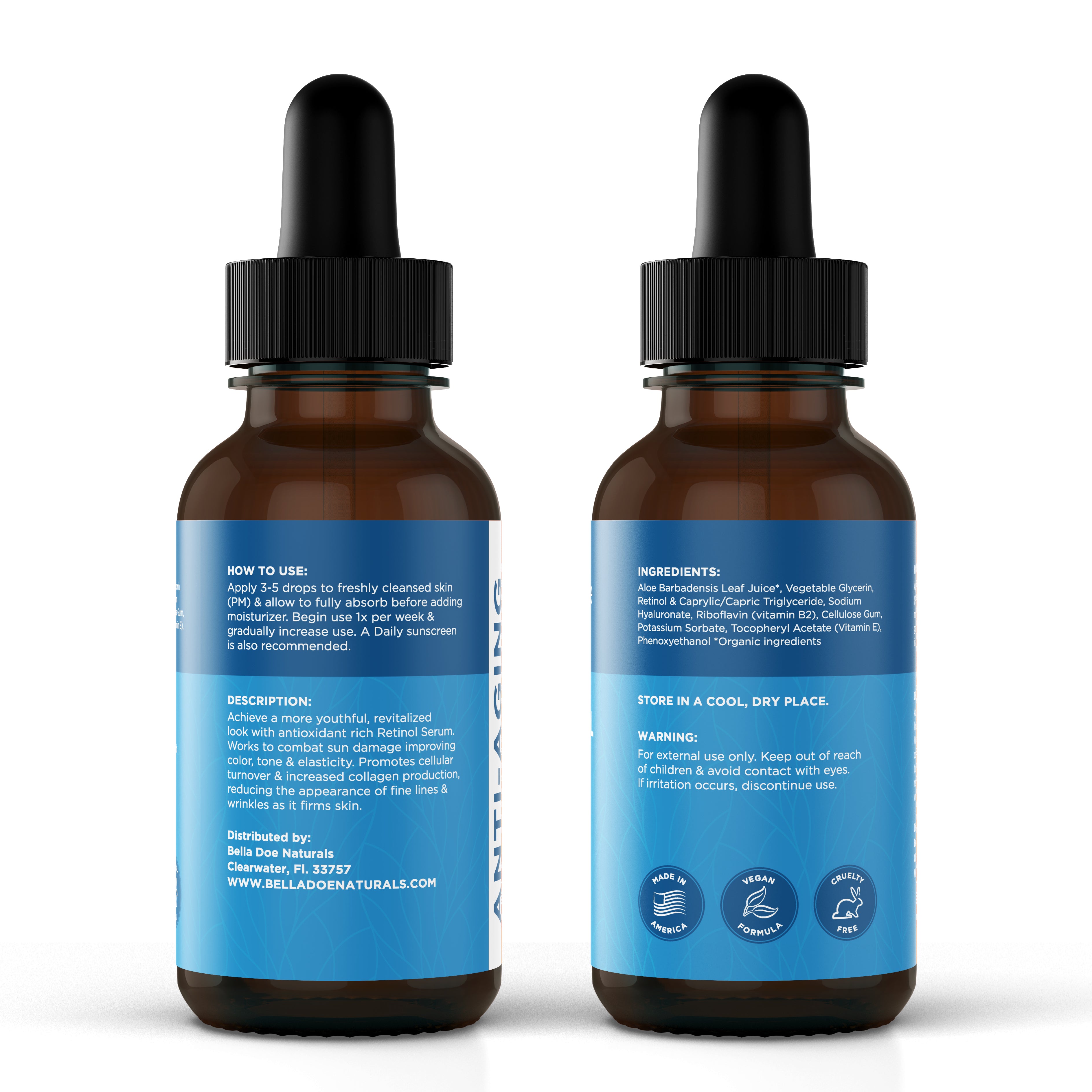
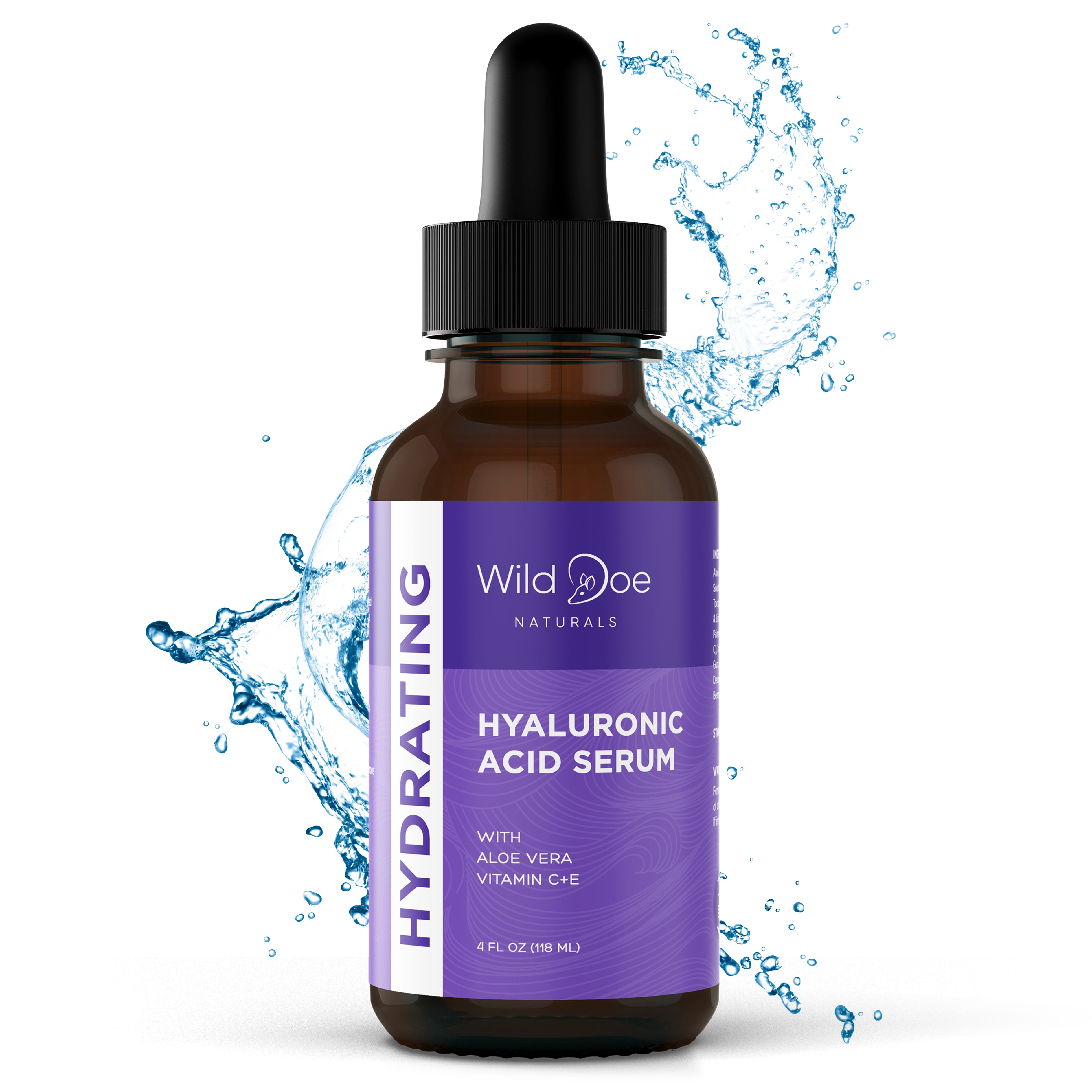
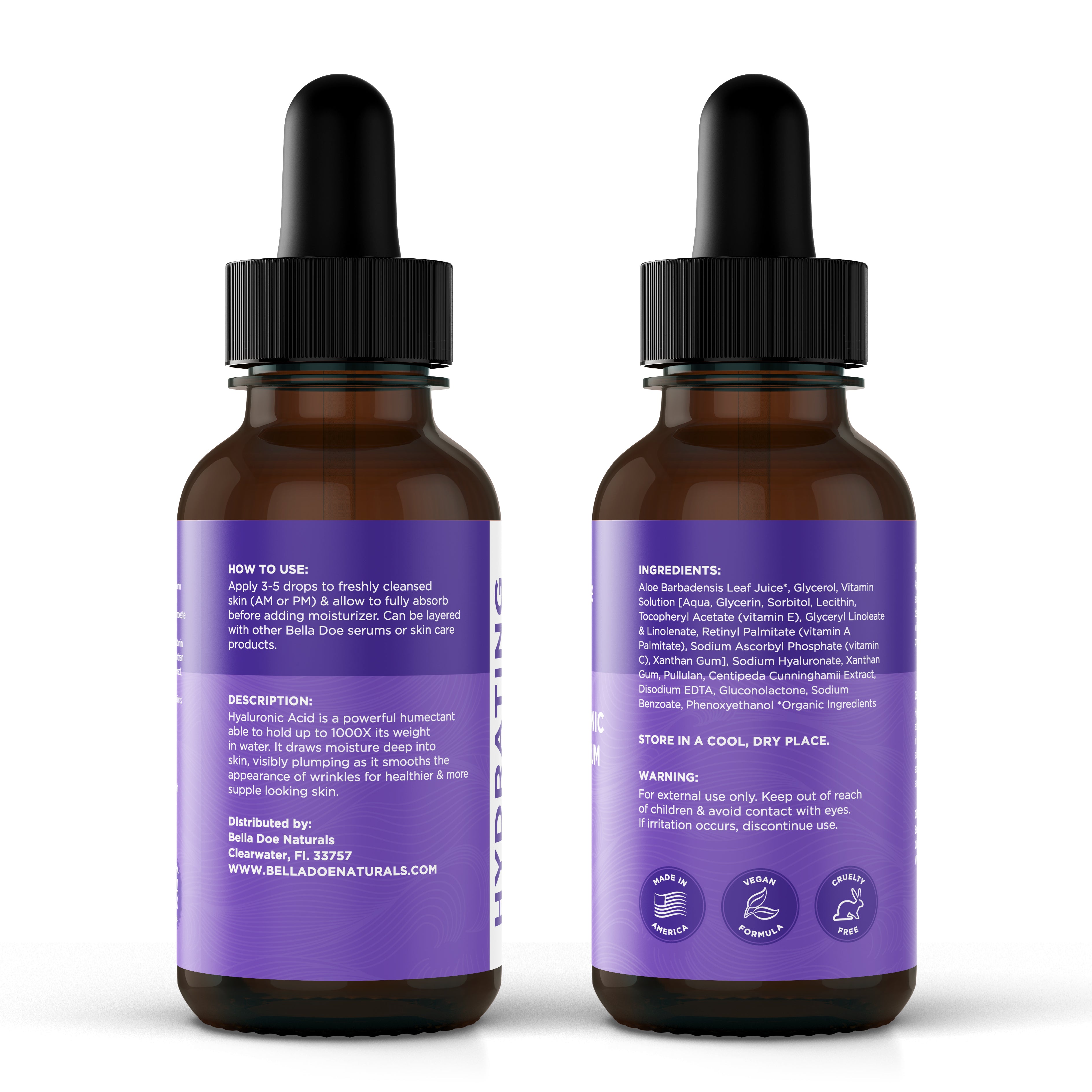
I left little spots of black soap as a spot treatment overnight and now my face got burned . what do I do